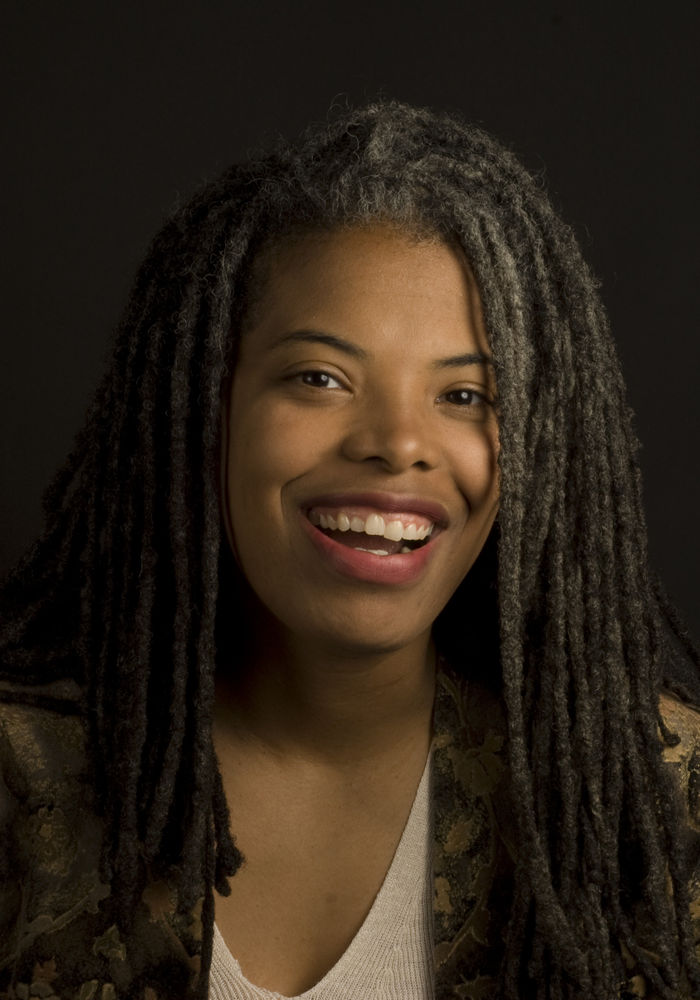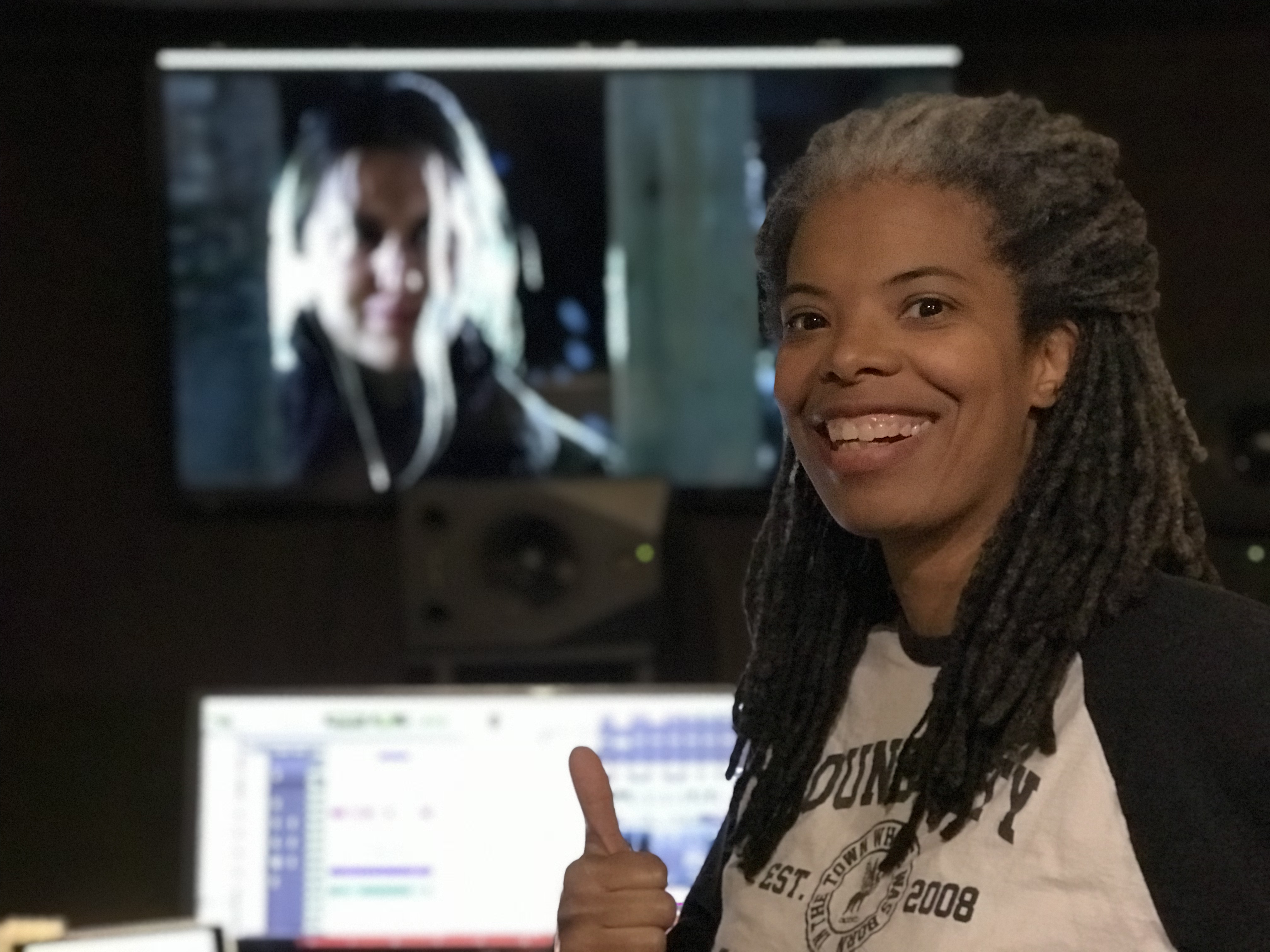Born in Dayton, Ohio, audio engineer Leslie Gaston-Bird now finds herself based in Brighton, UK, racking up some seriously impressive and eclectic credentials along the way. These include (although are by no means limited to) being a former Governor-at-Large for the Audio Engineering Society, a member of the Recording Academy, the Association of Motion Picture Sound and Motion Picture Sound Editors, a former tenured Associate Professor, and owner of Mix Messiah Productions. Gaston-Bird is also the author of the book Women in Audio, and is currently writing a PhD called Immersive & Inclusive. She explains the key reasons for putting pen to paper for both of these important works.
Women in Audio features almost 100 profiles and stories of female audio engineers that have achieved success throughout the history of the trade. What inspired you to write this?
LGB: It discusses women and those who identify as women and audio. Around 2004 I went to my first AES convention and I met a woman named Terri Winston who had a booth with a new programme she was starting called Women's Audio Mission. I was like, ‘what's this women's audio mission?’ That was one of my inspirations.
A long time ago, between 1991-1995 when I worked at NPR, 50% of our staff were women. We had 40 techs, and 20 were women, and 20 were people of colour. But when I moved to Colorado, I was the only woman I knew doing audio at the time, and the only person of colour.
So I'm like, ‘okay, there seems to be a dearth of representation here. What is going on?’ And that question,has been answered in various ways over the years: why aren't there more women? What made my experience at NPR so different?
Where did you start with researching for the book?
LGB: Around 2016, Focal Press a division of Routledge) was asking for people to come up with ideas for books, and I thought about my experience with Terri and some other organisations like SoundGirls.org. I thought writing a book about women in the field was a great idea; but I thought it would be like writing a research paper and that I would go to the library, find some books and articles and compile them into a resource for people.
Then I came across this feminist album called Virgo Rising that was released in the 1970s, and I emailed the engineer for that album Joan Lowe. She got back to me, aged 94 years old at the time.
She said, ‘well, that was a long time ago, and my hearing isn’t so good now, but I'll tell you what I can’, and she sent me an email detailing how they recorded an all-woman performed, produced, released and engineered album.
It dawned on me that interviews would be a much better way to go. I began calling people and thought, ‘this is kind of massive; this is gonna be bigger than I thought’.
A few months later, in February of 2018 I got an email from a man named Dana who asked me if I was writing a book about women in audio, to tell me that Joan had passed away. I was crushed.
He sent me an envelope full of pictures of Joan from the time she was a little girl onwards. She didn't have children, she didn't have a family – there was no one else who would have received these pictures, except for me.
When I got these pictures, I remember standing in my living room and looking up at the sky, and thinking, ‘what I'm doing here is more than a research paper. This is history that would have vanished’. It put a fire under me. It occurred to me that this is not a research paper, this is a living, history document.




